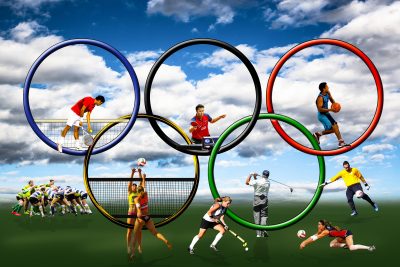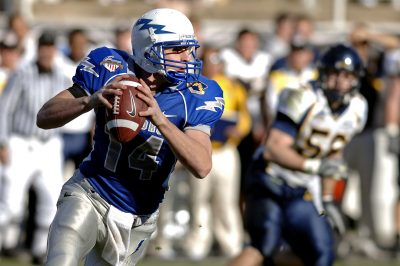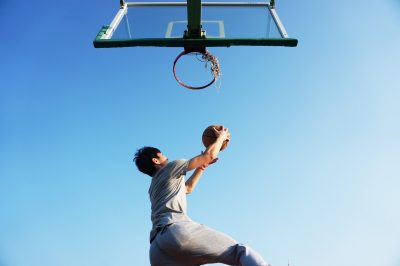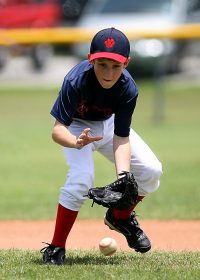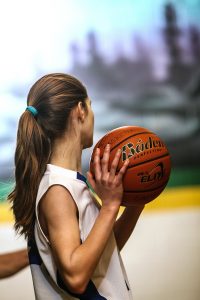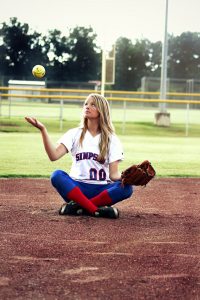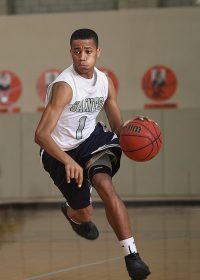Binocular vision refers to the branch of Vision rehabilitation that deals with how we use both eyes together. Binocular vision (BV) training is a specialty service with eye muscle exercises. Whether you have concern for your child’s amblyopia (eye turn, focusing, or lazy eye) or you want to tweak your vision accuracy and precision for sports, we have you covered!
Children with or without glasses may complain of blurry vision at near and far, trouble focusing or maintaining focus at near, eye strain, eye fatigue, headaches, migraines, dizziness and double vision. BV training allows the eye muscles to be trained to relieve these symptoms, ideally without the use of a reading glasses or prism glasses.
An important aspect of BV training is for any refractive errors (nearsightedness, farsightedness, astigmatism) to first be corrected. Second, the vision must be at near normal (20/40) to be trained appropriately. 20/50 or worse vision falls under Low vision.
Sports vision training (SV) is a sub-specialty of BV training. While the exercises are similar to BV trianing, SV puts and trains athletes to use their eyes and vision in specific situations. There are some similarities between different sports such as, baseball and basketball. However, the differences are larger, in that the basketball player needs to analyze where the other players are on the court, subtle movements to anticipate how the play will open up. Where as, the baseball player when batting must quickly recognize the ball height, angle, spin and more before committing to hit. The outfielder must track a baseball a couple of hundreds of feet away, while turning must continue tracking to make the catch.
Catch the signs early
Parents who bring their child in for eye examination early in life will be able to help identify any vision issues. People may not realize that the eyes rely on muscles and the level of vision will change as the child ages. Since the child’s eyes are still in development at a young age, vision can change over time. Common complaints of BV problems include, but not limited to:- Blurry vision at far (difficulty seeing the board from the back of the classroom)
- Squinting to see at distances
- Sitting too close to the TV
- Blurry vision at near (trouble reading books, phone or computer)
- Short reading times
- Trouble focusing or maintaining focus at near
- Eye strain
- Eye fatigue
- Headaches
- Migraines
- Dizziness
- Double vision.
- Constantly rubbing the eyes
- Extreme sensitivity to light
- Poor focus and visual tracking
